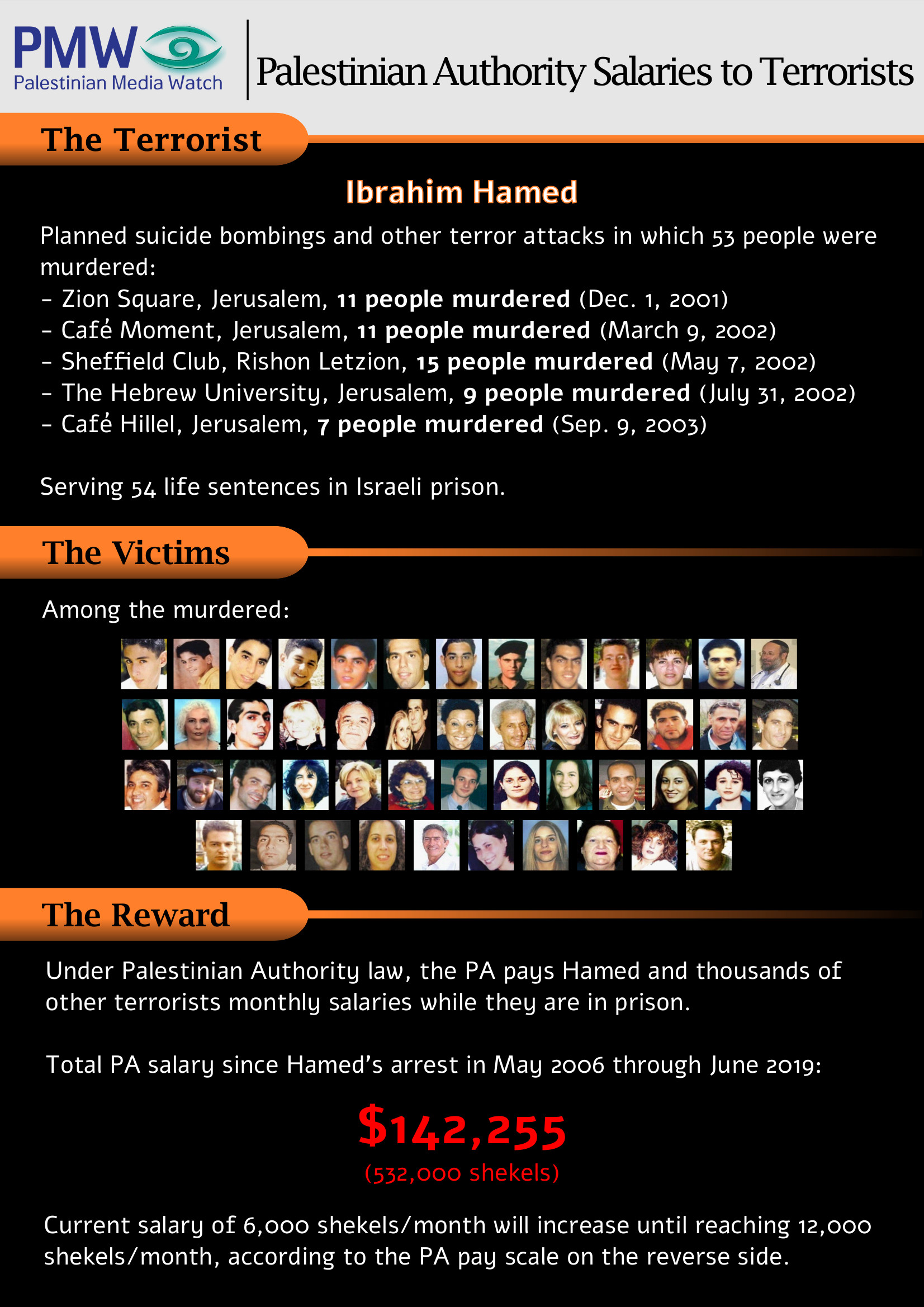Uranium traces found in Iran warehouse flagged by Netanyahu
Traces of uranium were found in samples taken by United Nations nuclear inspectors from a Tehran facility alleged by Prime Minister Benjamin Netanyahu to be a “secret atomic warehouse,” according to a report Sunday.i24NEWS exclusive: Images show Iran covered up nuclear activity
Iran has not provided an explanation for why uranium was found at the site to the UN’s International Atomic Energy Agency, which is investigating the facility in the Iranian capital, Reuters reported.
In a speech last year at the UN General Assembly, Netanyahu revealed the existence of the warehouse in Tehran, which he said held “massive amounts” of equipment and material that were part of a secret Iranian nuclear program.
Netanyahu called for the IAEA to inspect the facility and, in July, Israeli television reported that soil samples from the warehouse turned up “traces of radioactive material,” without specifying the type.
Citing two unnamed diplomats, Reuters reported that the material found at the site was determined to be uranium. One of the diplomats, however, said the uranium was not enriched enough to be used for a nuclear bomb.
“There are lots of possible explanations” for why uranium traces were found there, the diplomat said.
The IAEA has been seeking answers from Tehran for two months, a senior diplomat said, with no success.
New images showing the extent of the Iranian regime's efforts to cover up its use of a storage facility for nuclear materials has been released exclusively to i24NEWS.EXCLUSIVE: Images on Iran's Efforts to Cover Nuclear Facility
The images show massive cement blocks used to hide radioactive material from being discovered at the site, just outside Tehran.
The new evidence ostensibly provides verification of claims made by Prime Minister Benjamin Netanyahu last year at the UN General Assembly.
Netanyahu's remarks were made months after an Israeli clandestine operation obtained a trove of highly sensitive documentation from the Islamic republic outlining parts of its opaque atomic program, supposedly shelved after world powers and Iran signed the 2015 nuclear accords.
On Sunday, the UN's nuclear watchdog found traces of uranium at the facility Netanyahu once described as a 'secret atomic warehouse,' Reuters reported Sunday.
The International Atomic Energy Agency is investigating the origin of the nuclear materials and asked Tehran to explain the samples, diplomats told Reuters.
New images showing the extent of the Iranian regime's efforts to cover up its use of a storage facility for nuclear materials has been released exclusively to i24NEWS.
UN atomic watchdog confirms Iran installing advanced centrifuges
The UN’s nuclear watchdog confirmed Monday that Iran was installing advanced centrifuges as the troubled 2015 deal with world powers over Tehran’s nuclear program threatens to fall apart.
The International Atomic Energy Agency (IAEA) said in a statement that on September 7 it had “verified that the following centrifuges were either installed or being installed…: 22 IR-4, one IR-5, 30 IR-6 and three IR-6s.”
The IAEA’s confirmation comes a day after Tehran hit out at European powers, saying they had left Iran little option but to scale back its commitments under the 2015 Joint Comprehensive Plan of Action (JCPOA).
The IAEA added in its statement that the centrifuges had been installed at Iran’s Natanz facility and said “all of the installed centrifuges had been prepared for testing with UF6 (uranium hexafluoride), although none of them were being tested with UF6 on 7 and 8 September 2019.”
“In addition, in a letter to the Agency dated 8 September, Iran informed the Agency that it would reinstall the piping at two R&D lines to accommodate a cascade of 164 IR-4 centrifuges and a cascade of 164 IR-2m centrifuges,” the agency’s statement said.
Iran has said that notwithstanding its reduction of commitments under the JCPOA, it will continue to allow access to IAEA inspectors who monitor its nuclear program.
After the IAEA assessment was released on Monday, Foreign Minister Israel Katz called on the remaining signatories of the 2015 deal to follow the US example by abandoning the accord and re-imposing sanctions on the Islamic Republic.










































